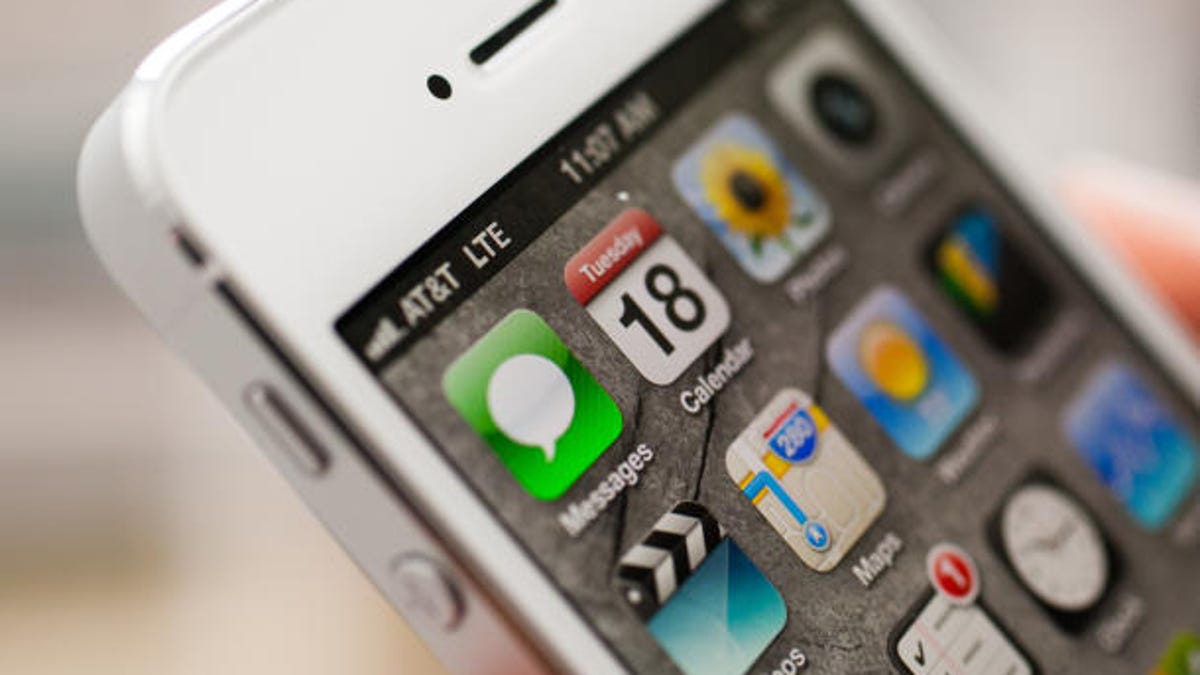iPhone users pay highest phone bills
New data shows that 59 percent of iPhone users spend more than $100 per month on their carrier bill, while 56 percent of Windows phone users and 53 percent of Android users pay that much.

Rumors of a cheaper iPhone on the horizon may come as welcome news for fans of the device -- especially because iPhone users reportedly pay the highest monthly phone bills, no matter the carrier, according to AllThingsD.
Android, Windows, and BlackBerry users spend less per month to use their smartphones, according to data by Consumer Intelligence Research Partners that was acquired by AllThingsD. It seems that the higher costs come from carriers charging more for
"We think it has to do with their data plans and carriers, rather than their usage habits," CIRP co-founder Michael Levin told AllThingsD. "They are all on expensive data plans, unlike Android users, some of which are on prepaid or unsubsidized plans with regional carriers."
The data collected is from October to December 2012 and shows that 59 percent of the iPhone users surveyed spent more than $100 per month on their plan with 10 percent of those users spending $200 or more. Only 6 percent spent $50 or less. Conversely, 13 percent of Android users spent $50 or less and 53 percent spent more than $100. Both Windows and BlackBerry users spent even less overall.
Although the monthly cost difference between the four types of devices is slight, the highest costs are still skewed toward iPhone users. This may be because iPhones are more expensive devices and carriers have to shoulder that burden.
"Given the subsidies on iPhones, the carriers are working hard to make their money back during the course of the contract," CIRP's Josh Levitz told AllThingsD. "With the exception of perhaps the hottest Android phones, we think the subsidies on Android phones are lower, so the carriers make more money even with slightly lower per-subscriber revenue."
If Apple does indeed release a cheaper iPhone, it'll be interesting to see if carriers will also lower monthly charges for the device.

